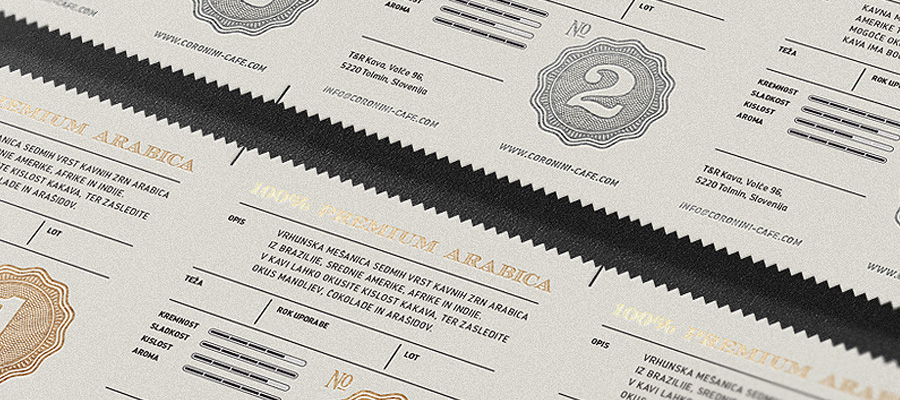When determining how to choose the right ecommerce site builder for your business, think of your customer’s concerns first. Chief among them is trust. Regardless of the platform you choose, your site must radiate credibility or potential customers will bounce out of it and look elsewhere.
To give your site — and business — credibility, your software choice should support ratings, reviews and the most advanced security protocols. The site’s design should have a professional look and feel with crisp photography, well-written product descriptions, easy navigation and a wide variety of secure payment options.
Today’s ecommerce customer spends a lot of time on mobile devices, so your software choice should embrace responsive design to ensure your store looks just as good on a smartphone or a tablet as it does on a desktop machine. The contemporary ecommerce consumer also expects fast and free shipping, as well as free returns. Any software maker trying to be considered the best ecommerce site builder must take all of these issues into consideration.
OK, so now that we’ve covered what the customer expects to find on a credible ecommerce site, let’s consider your needs as a merchant. Key concerns should be ease of set up and use, how well it suits your business and how readily the platform can be configured to automate repetitive tasks. Things like “stocking” your store, loading product images, and updating descriptions or key copy should be doable without an engineering degree from MIT. All data should be backed up and easy to restore if the store goes offline.

You’ll want the platform to provide robust marketing tools, such as social media integration, newsletters, mailing lists and the like. If you find your shopping carts are being loaded but and abandoned, the software should inform you so you can investigate to learn why your customers are not converting.
The software should require as little maintenance as possible, aside from necessary updates able to be done with minimal tech support, if any. However, when tech support is required, it’s really nice when you can get a real, live human being intimately familiar with the product on the phone to help you—24 hours a day, every day of the year. If the provider can deliver this at no additional charge, that’s even better. Training should be part of the deal as well.
If you’re starting out with a small roster of products, it’s still a good idea to plan with growth in mind, so find software capable of scaling easily as your business grows. This means you’ll want to avoid limitations such as the number of products you can offer, the volume of transactions it can readily process and exorbitant fees associated with growth.
If you have a physical presence and are making the leap to ecommerce to future-proof your business, you’ll want to be certain the software will integrate with whatever data management system you’re currently using. Additionally, make sure the site design will allow you to incorporate your logo and color scheme so your existing customers will know they’ve found your online presence immediately.
Additionally, when you’re considering how to choose the right ecommerce site builder for your business, security should definitely be a prime concern. As an ecommerce merchant, you are responsible for the safekeeping of your customers’ financial information. To this end, every page on your site should be SSL protected—in addition to the checkout pages.
Your software choice should encrypt financial data so it’s useless to hackers. The platform should also be compatible with fraud detection tools to help you avoid chargebacks from credit card companies. Encounter too many of these issues, and you can consider your business dead.
Last, though certainly not least, is cost; avoid providers who nickel and dime you for every little need. When you get quotes, you want all-inclusive pricing, encompassing licensing fees, hosting, setup, maintenance and all other considerations.





















